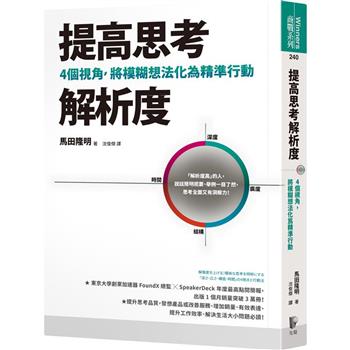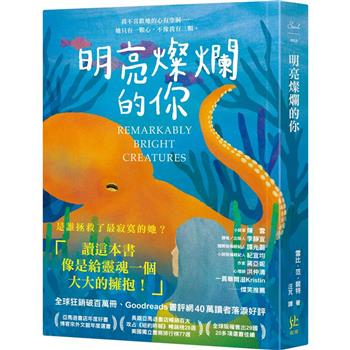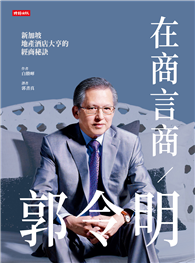The inner world of each individual, their subjectivity, is constructed and also manifested in interaction with others. The existence of the "I" is dependent on a "you" who, in mutual interaction, construct and reflect each other. Education is an intersubjective phenomenon by nature and requires the participants in its processes to be available to the other, because teaching transcends technique: it mobilizes the one who teaches from the recovery of what they have learned, experienced, their relationships, affections and thus provokes transformation in the other. This aspect of the teacher’s professional life should be given the utmost importance in educational discussions with a view to the quality of education. Thus, the study sought to understand the meaning and sense of intersubjectivity in teachers’ professional lives, understanding that Intersubjectivity is an experience of interpersonal co-participation, characterized by the way in which people really meet and give of themselves reciprocally, according to the conceptions of authors such as Gabriel Marcel and Barten. As this is a theme specific to phenomenology, Friedrich Hegel, Edmund Husserl and Alfred Schutz were also used as supporting theories.
| FindBook |
|
有 1 項符合
de lacerda silva的圖書 |
 |
$ 3245 | Intersubjectivity in teachers’ professional lives
作者:de Lacerda Silva 出版社:Our Knowledge Publishing 出版日期:2024-10-28 語言:英文 規格:平裝 / 88頁 / 22.86 x 15.24 x 0.53 cm / 普通級/ 初版  看圖書介紹 看圖書介紹
|
|
|
圖書介紹 - 資料來源:博客來 評分:
圖書名稱:Intersubjectivity in teachers’ professional lives
|











